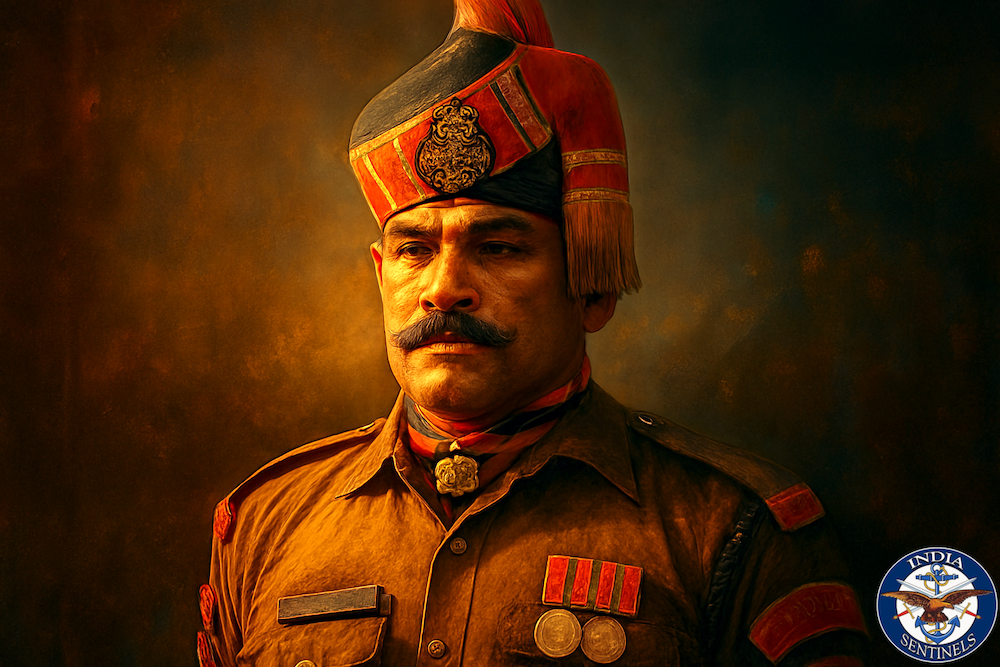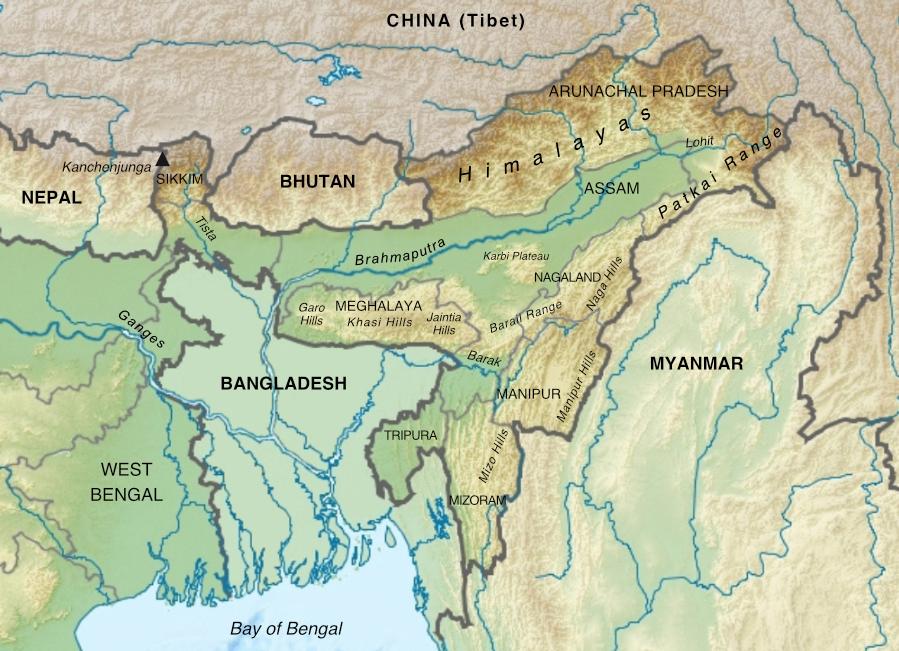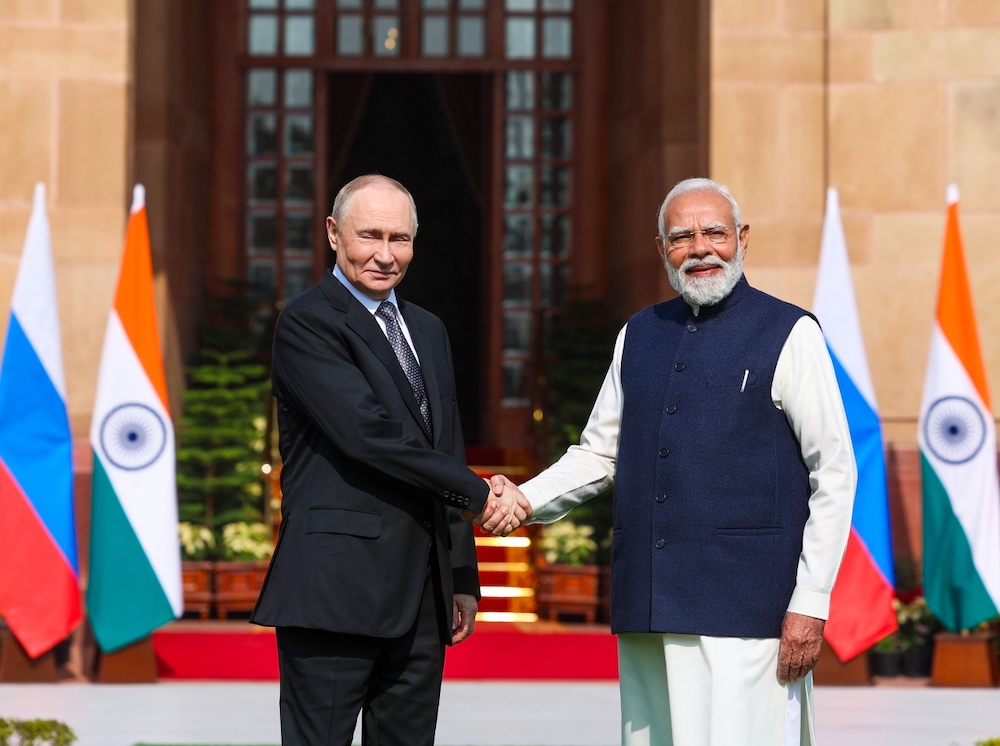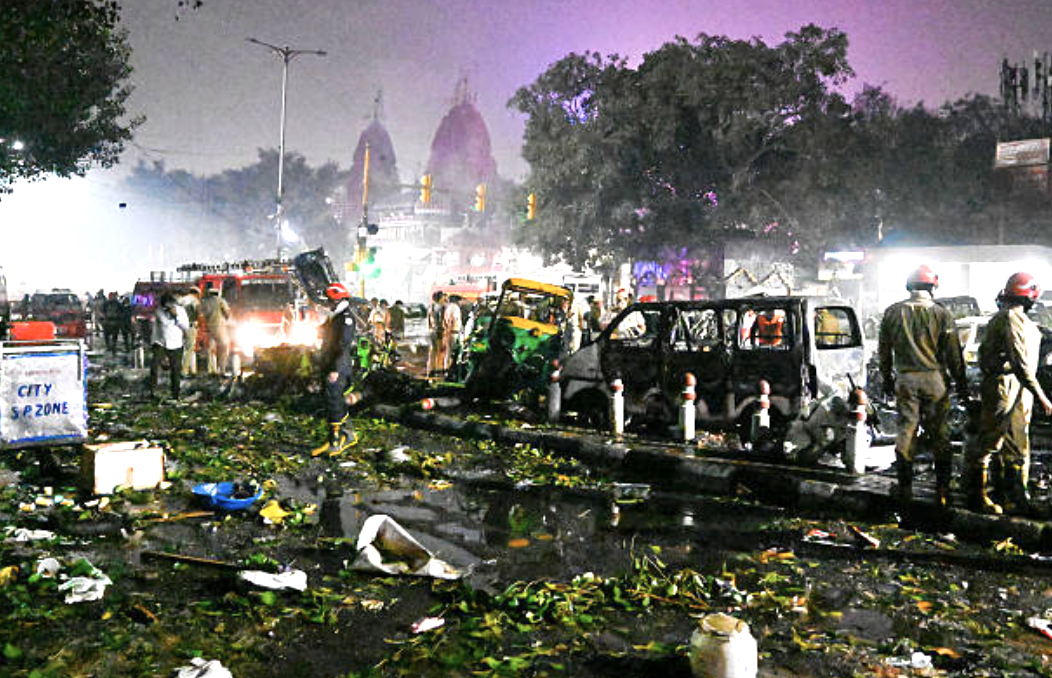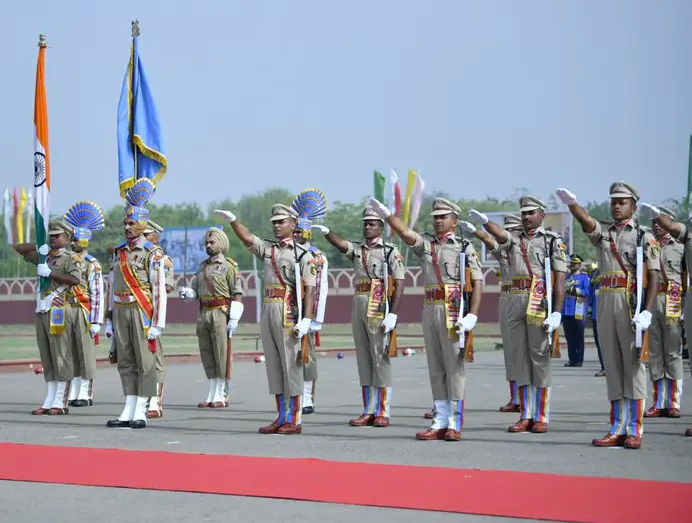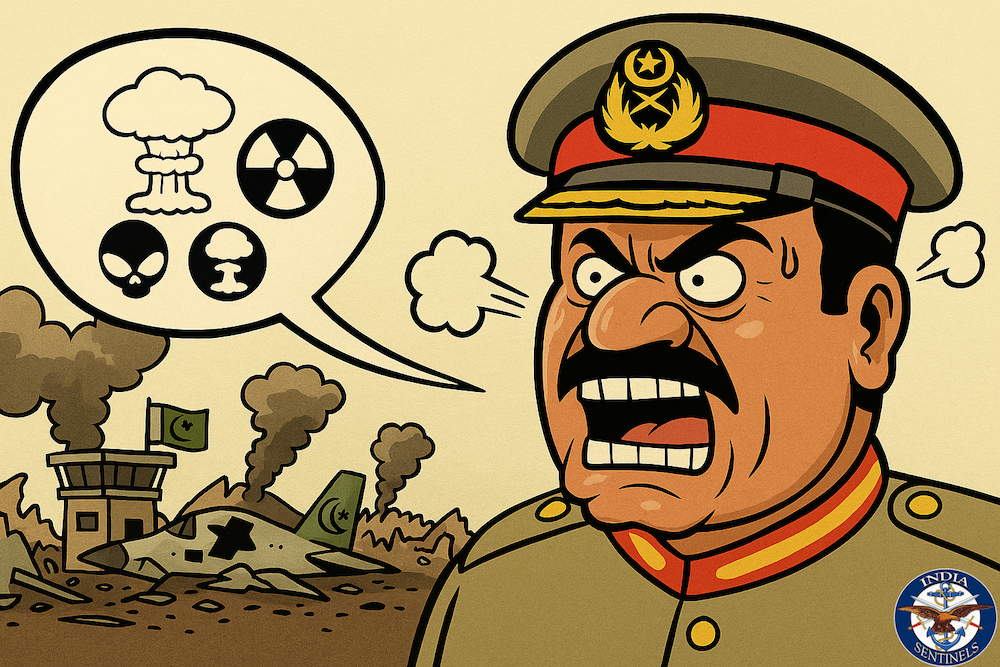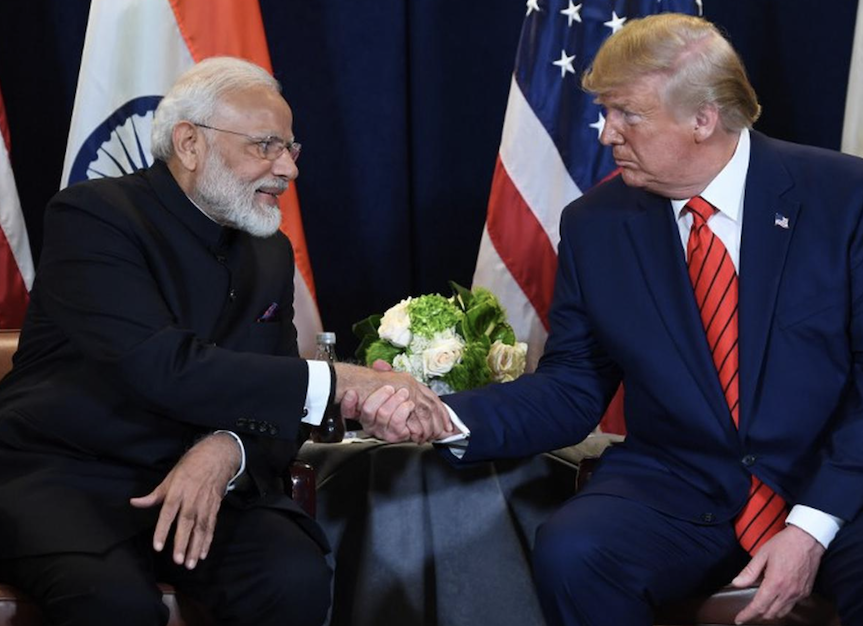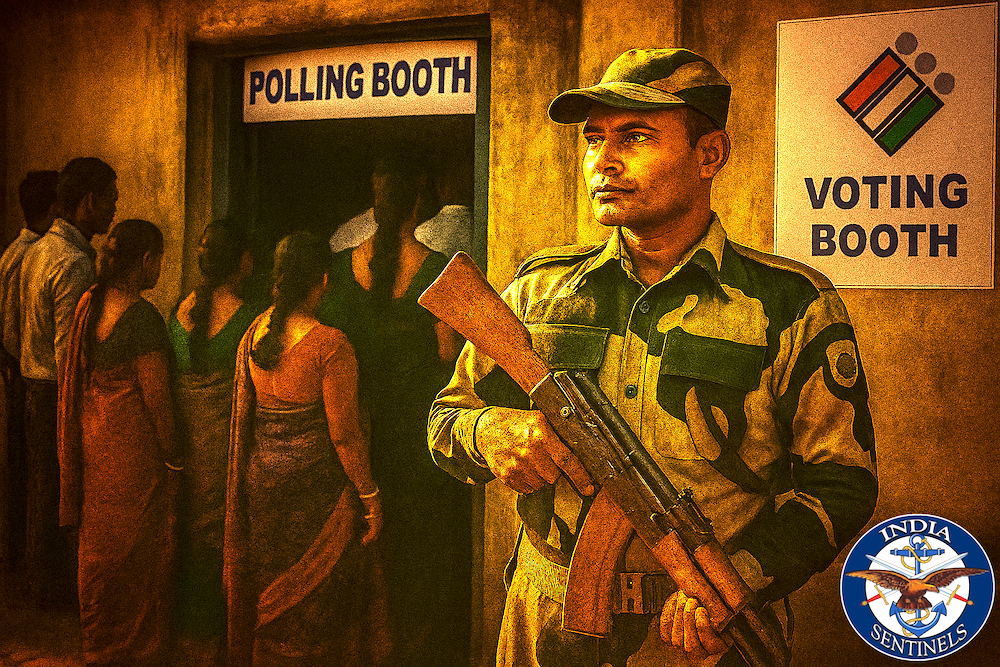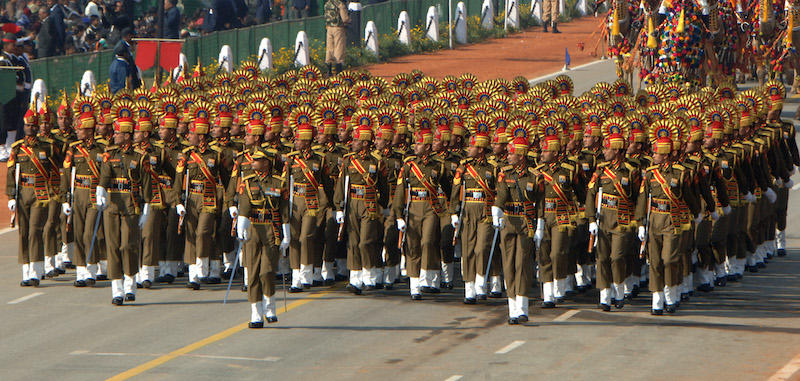 BSF marching contingent at Republic Day parade in New Delhi. (Representative photo)
BSF marching contingent at Republic Day parade in New Delhi. (Representative photo)
The efforts of Indian Police Service to retain their hegemony over the senior posts in central armed police forces (CAPFs) is like the events leading to the epic battle of Mahabharata where the mighty Kauravas employ all tricks of trade to deprive the Pandavas of their rightful dues.
At the centre of controversy are two terms – namely “Organized Group A Services”, or “OGAS” in short, and “Non-Functional Financial Upgradation”, or “NFFU”. The government introduced the NFFU scheme in 2009 after the Sixth Pay Commission recommendations in order to bring in a semblance of parity in terms of financial upgradation for officers of other organized services (with the Indian Administrative Service), which were suffering due to acute stagnation. The organized services were those central services that fulfilled certain attributes defined by the “department of personnel and training” (DoPT).
The bone of contention is one of the attributes of the organized service that ordains that all the posts up to the scale of joint secretary (inspector general in CAPF) in these services be filled through promotion of officers from within the cadre. The provisions of OGAS can therefore be given effect only by framing fresh service rules for these forces by replacing the present recruitment rules, which have provision for deputation of IPS officers at higher supervisory and policy levels. Implication of confirmation by Supreme Court of the orders of Delhi high court order granting “organized” status to the officers of CAPFs since 1986 is that the deputation of IPS officers up to the level of IG in these forces will completely stop.
This vested interest of IPS officers to protect their own promotional avenues is the driving force for the activism displayed by them. They appear to be unconcerned with the positive impact that handing over reigns of these forces to the domain experts will have on vital national security issues concerning both border and internal security.
The IPS officers are, therefore, leaving no stone unturned to prevent implementation of these court orders whose implementation has also been approved by the Cabinet. They have, besides lobbying with bureaucrats and politicians to misinterpret them, have intervened against the CAPF officers through their association (which is contended it to be illegal) in the petitions filled by the CAPF officers. Not only this, they have resorted to a social media campaign to vilify the CAPF officers. They have advanced arguments like superiority (alleged) of their selection process vis-à-vis the selection process of CAPF officers, historical legacy and some imaginary constitutional provision to advance their claim.
In so far as the selection process is concerned, it is not for the CAPF officers to decide what process they go through. The candidates would have submitted to any of the selection process that the government and Union Public Service Commission deemed fit. Having said that, the doubts raised about the rigour of selection process by IPS officers is like a vote of no confidence against the very institution – UPSC, which also has selected them. Having said that, it must be emphasized that the rigour of selection process of CAPF officers is no less than any other process. Further the test of superiority of selection process stops being relevant after one joins a service. Otherwise, how can one explain the reason for failure of almost the entire batch of IPS trainees during induction training even in basic policing subjects a couple of years ago.
It needs no reiteration that mere selection process cannot be the only criteria for comparison of respective merits of a group of officers. It is the subsequent grooming and in-service training for the tasks to be performed that is important. The IPS officers are groomed to take up policing jobs like investigation, crime control etc. whereas, the CAPF officers are groomed to perform in their respective domains which are entirely different from policing. The IPS officers therefore lack domain knowledge of the processes involved in the tasks being performed by CAPF and their work environment.
The historical argument no longer holds good because the original cadre of officers of CAPF is now matured and has gained lot of experience in their domain. Such varied experience must be harnessed at superior policy planning levels to ensure value addition to the respective CAPF domains. Sheer temporary lien of IPS officers does not augur well for the continuity of policies as each IPS officer who joins these services at those levels has a different perspective. They see these forces as extension of police forces and work on policies which dilute the functioning and regimentation necessary for efficiency of these organizations. Several organizations had contributed to the manpower when these CAPF were raised. Deputation was a necessity at that point of time. However, with availability of well trained, matured and large pool of domain specialists, the deputation has become redundant.
The status of IPS as an all India service is never contested. However, citing it to argue that they have a constitutional right to deputation in CAPF is founded on false premise. The constitution nowhere states that the IPS have right to deputation in the CAPF. Citing provisions of IPS Cadre Rules to justify provision of IPS deputation in the recruitment rules of respective CAPF is misleading because the main acts and rules of these organizations do not provide for deputation at senior levels.
Continued reservation of posts in CAPF for deputation of IPS officers at senior levels is constitutionally untenable for the reasons discussed above. Additionally, the provision also impinges on the Fundamental rights of the cadre officers by depriving them the fundamental right to be considered for these posts.
Such reservations also militate against the constitutional stipulation that reservation can be resorted only for deprived segments of the society, that is, scheduled castes, scheduled tribes and other backward castes. IPS officers can in no manner be deemed to be from those deprived classes.
It is apparent that the rationale for continuation of IPS leadership of these forces is no longer there. I wish and hope that the judiciary and the government is able to see through the veil of deception created by the IPS and give justice to the officers of CAPF.
[Disclaimer: Views expressed by the author are his own and don’t necessarily reflect the views of India Sentinels.]

